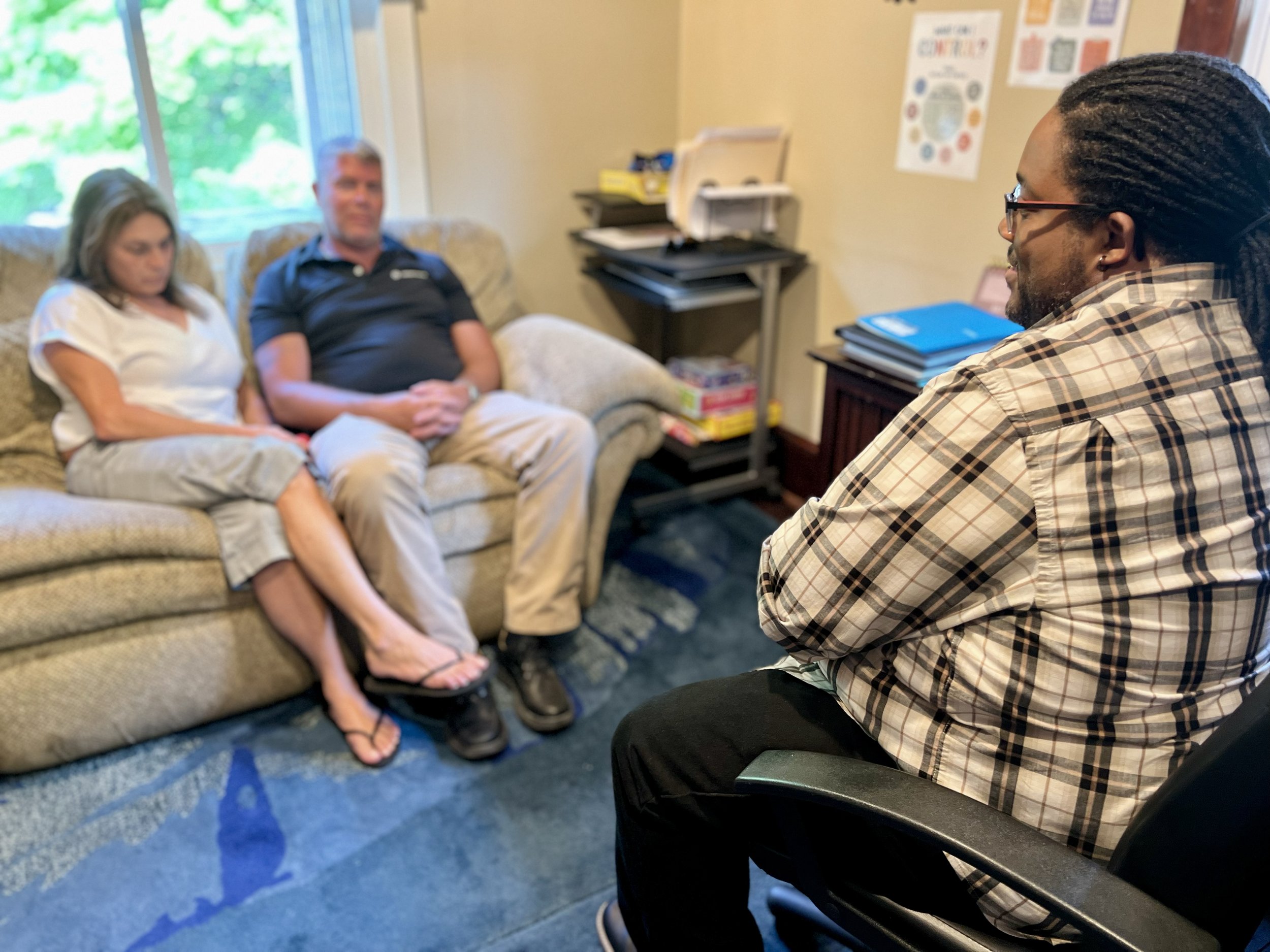
Frequently Asked Questions.

At Forensics Counseling Associates, LLC, we want to ensure you feel informed and supported as you begin your therapeutic journey. Below, we address common questions and concerns about the therapy process, confidentiality, and what to expect.
1. What is the process of therapy like?
Therapy is a collaborative process that begins with an initial assessment where you and your therapist discuss your background, current concerns, and goals. Together, you'll develop a treatment plan tailored to your needs. Sessions typically involve talking about your thoughts, feelings, and experiences, exploring patterns, and developing strategies to address challenges. Progress is reviewed regularly, and adjustments are made as needed to ensure you are moving towards your goals.
2. Is therapy confidential?
Yes, therapy is confidential. We are committed to protecting your privacy and adhere to all legal and ethical guidelines. Information shared in therapy will not be disclosed without your consent, except in specific circumstances such as risk of harm to yourself or others, or when required by law. Your therapist will explain these exceptions to you in detail during your first session.
3. Is it normal to feel worse before feeling better?
Absolutely. It is common to experience an increase in emotional discomfort when starting therapy, especially as you begin to explore and address difficult issues. This is a natural part of the healing process. Working through these feelings with your therapist's support can lead to significant growth and improvement in your overall well-being.
4. I feel nervous and scared about starting therapy. Is this normal?
Feeling nervous or scared about starting therapy is completely normal. Many people feel anxious about opening up to someone new or confronting personal issues. Your therapist understands these feelings and will create a safe, non-judgmental space for you. It's okay to express your apprehensions, and together, you can work through them at your own pace.
5. How do I know if I need therapy?
A good indicator that therapy might be beneficial is if you have been trying to change your patterns and ways of coping without success and are feeling stuck or helpless. Therapy can provide new perspectives, tools, and support to help you overcome these challenges and move forward in a healthier way.
6. What can I expect during my first therapy session?
In your first session, your therapist will ask questions to understand your background, current situation, and what you hope to achieve through therapy. This session is also an opportunity for you to ask questions, discuss any concerns, and get a feel for how therapy works. The goal is to make you feel comfortable and establish a foundation for your therapeutic relationship.
7. How long does therapy usually take?
The length of therapy varies depending on your individual needs and goals. Some people find relief in a few sessions, while others may engage in therapy for several months or even years. Your therapist will work with you to create a plan that fits your specific situation and will regularly review your progress with you.
8. What if I don't feel a connection with my therapist?
It's important to feel comfortable and connected with your therapist. If you don't feel this connection, it's okay to discuss it with your therapist. Sometimes, finding the right fit can take time. Our goal is to ensure you receive the best care, and we can help match you with another therapist if needed.
9. Can therapy really help me?
Yes, therapy can be very effective in helping you understand and change unhelpful patterns, develop healthier coping strategies, and improve your overall mental health and well-being. Many people find that therapy provides them with the tools and support needed to make positive changes in their lives.
10. What should I do if I have more questions or concerns?
If you have any additional questions or concerns, please feel free to contact us. We are here to help and support you through every step of your therapeutic journey.
Remember, taking the first step towards therapy is a courageous and positive move. We're here to guide and support you every step of the way.
